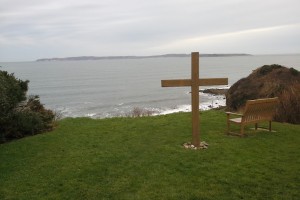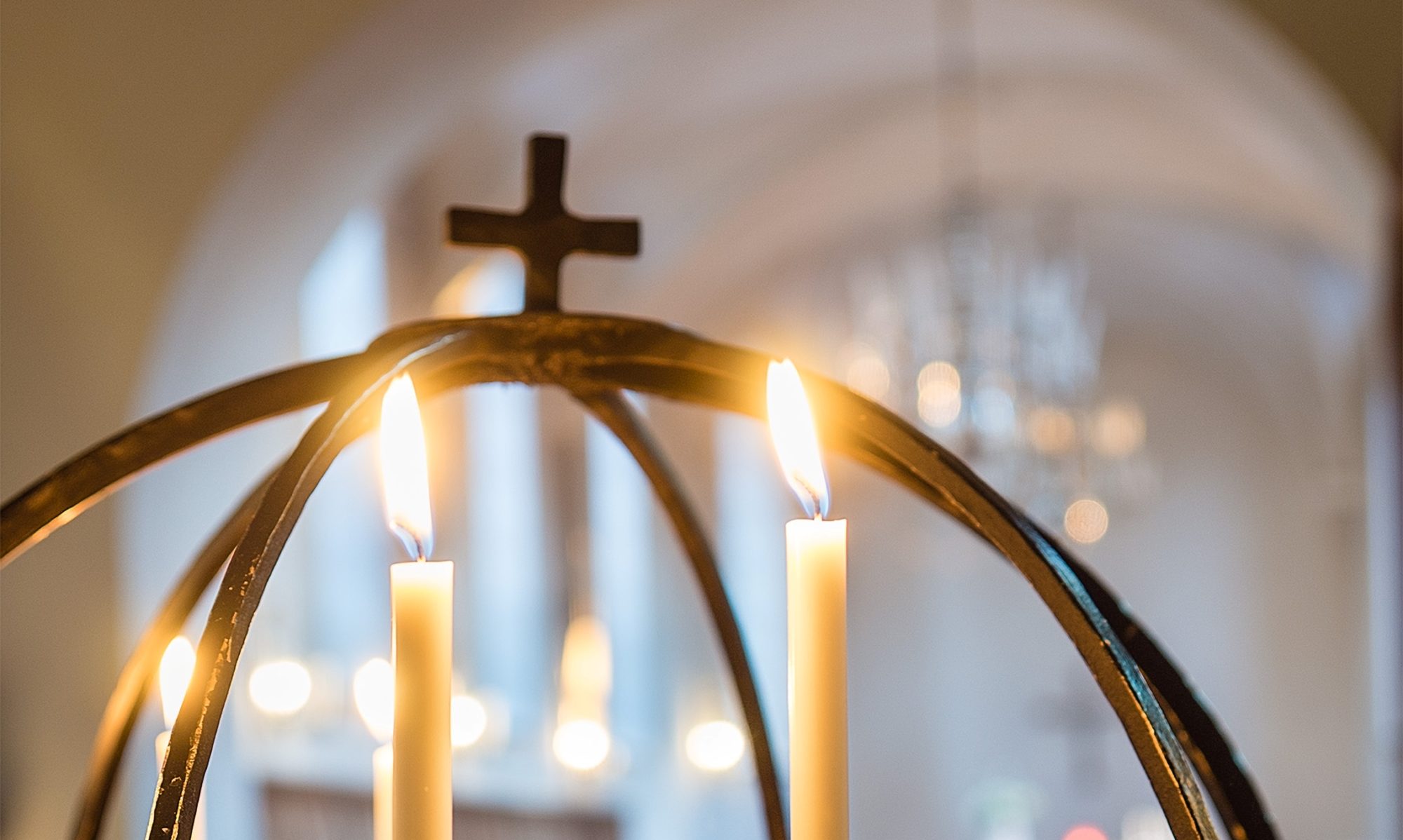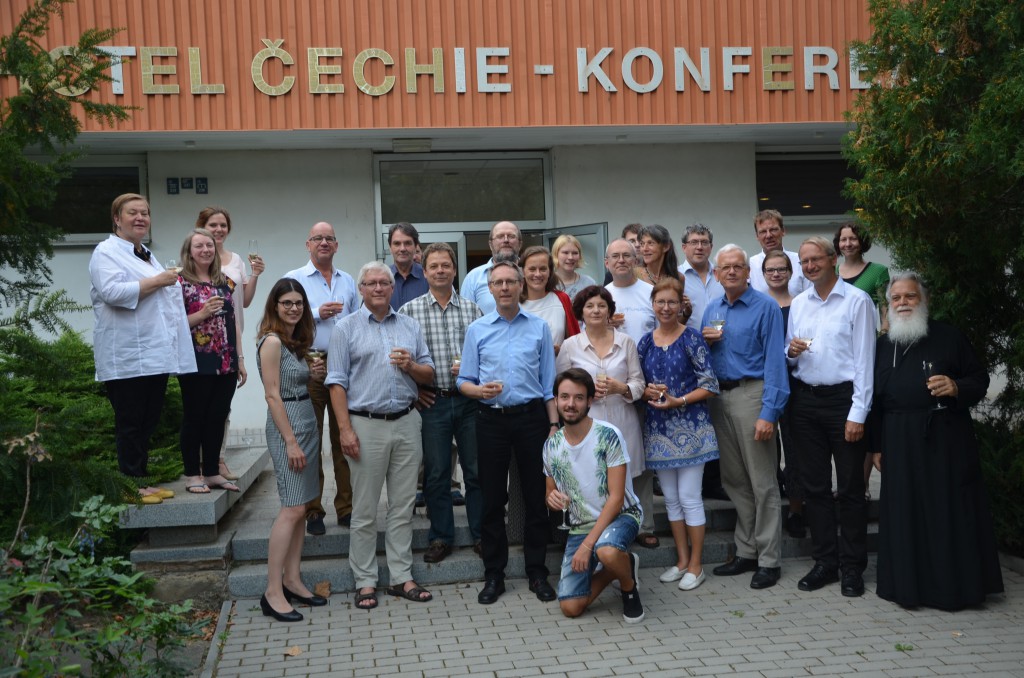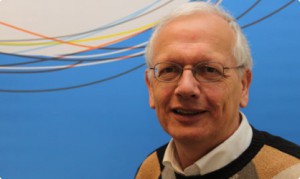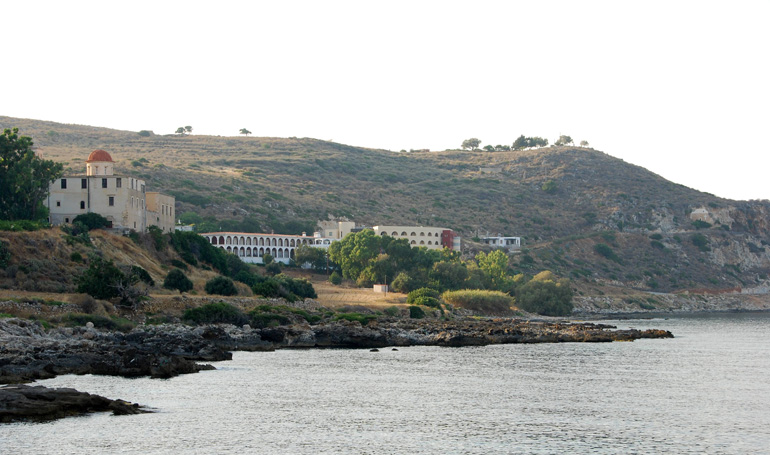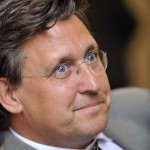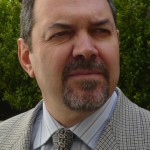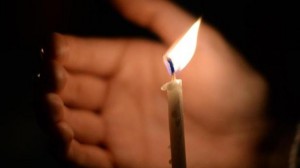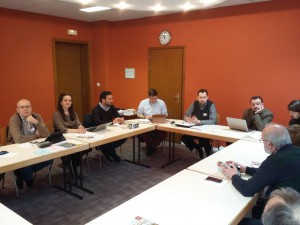 The first East European Consultation took place at the Liebfrauenberg and gathered twelve directors, study leaders and lecturers from member centres of OE and others. According to our aim the exchange about common challenges, expectations towards OE and common projects and initiatives was given priority. The friendly ambiance allowed us to establish new contacts and to deepen already existing relations with long-time members of OE. It is one of the strength of OE that beside the intellectual discussions and common projects personal contact is one of the most important factors to foster exchange and mutual understanding.
The first East European Consultation took place at the Liebfrauenberg and gathered twelve directors, study leaders and lecturers from member centres of OE and others. According to our aim the exchange about common challenges, expectations towards OE and common projects and initiatives was given priority. The friendly ambiance allowed us to establish new contacts and to deepen already existing relations with long-time members of OE. It is one of the strength of OE that beside the intellectual discussions and common projects personal contact is one of the most important factors to foster exchange and mutual understanding.
Keynotes were given by Biljana Zašova, Senior Project Co-ordinator of the ALDA (Association of Local Democracy Agencies) at the Council of Europe and Stéphane de Tapia, expert in migration issues for the Council of Europe and director of Turkish studies at the university of Strasbourg. The latter conference and the following discussion showed that we need a controversial debate in Europe on this issue and not constantly repeated affirmations of positions.
It was clearly outlined in the consultation that for example the migration issue needs further discussions under a larger angle as there exists in East European countries like for example the Ukraine an inner migration due to the Russian Ukrainian Conflict. One very important point that was mentioned several times was the issue of human dignity, which is a major concern for our partners in Eastern Europe (social tourism, empirical research, bioethics, disabled persons etc.)
Religion in public space
Another topic was the place of religion in society which occurs to be differently seen from a Eastern point of view. Christianity has a vivid revival for example in Ukraine “based on living memory of martyrs of the 2Oth century” as it was expressed by one our Ukrainian partners. With other words: Christianity is declining in Western Europe, and growing in the Eastern part. Thus the question of education and ecumenism plays an important role when you get to the dialogue between Eastern and Western Europe.
Practical issues and grass root work
Almost all participants agreed that the common ground of our centres, it doesn’t matter what kind of institutions, is the interconnectedness of academic and grass root work, the local and regional embeddedness of questions of church, religion and society. From bottom to top could be the leitmotiv of future ACs of OE. Discussions as they took place at the Liebfrauenberg Consultation can help” to clarify the complex situations of each participant’s institution.”
The Liebfrauenberg was as well an ideal place to discover the bicultural dimension of Alsace and Strasbourg and to see how reconciliation after centuries of wars and conflicts between France and Germany is possible. A participant from Eastern Europe described the French-German reconciliation a model for the East- and Central European countries which are still in the reflection on how to handle history.
In Strasbourg the group was welcomed by the president of the Union of protestant Churches of Alsace and Lorraine Christian Albecker who explained the particular status of Church in Alsace and Lorraine. A guided tour through the old town of Strasbourg and a wine degustation completed the program of the three days. We hope to see the participants again at our AC in Prague where we can continue the discussions we started at the Liebfrauenberg.
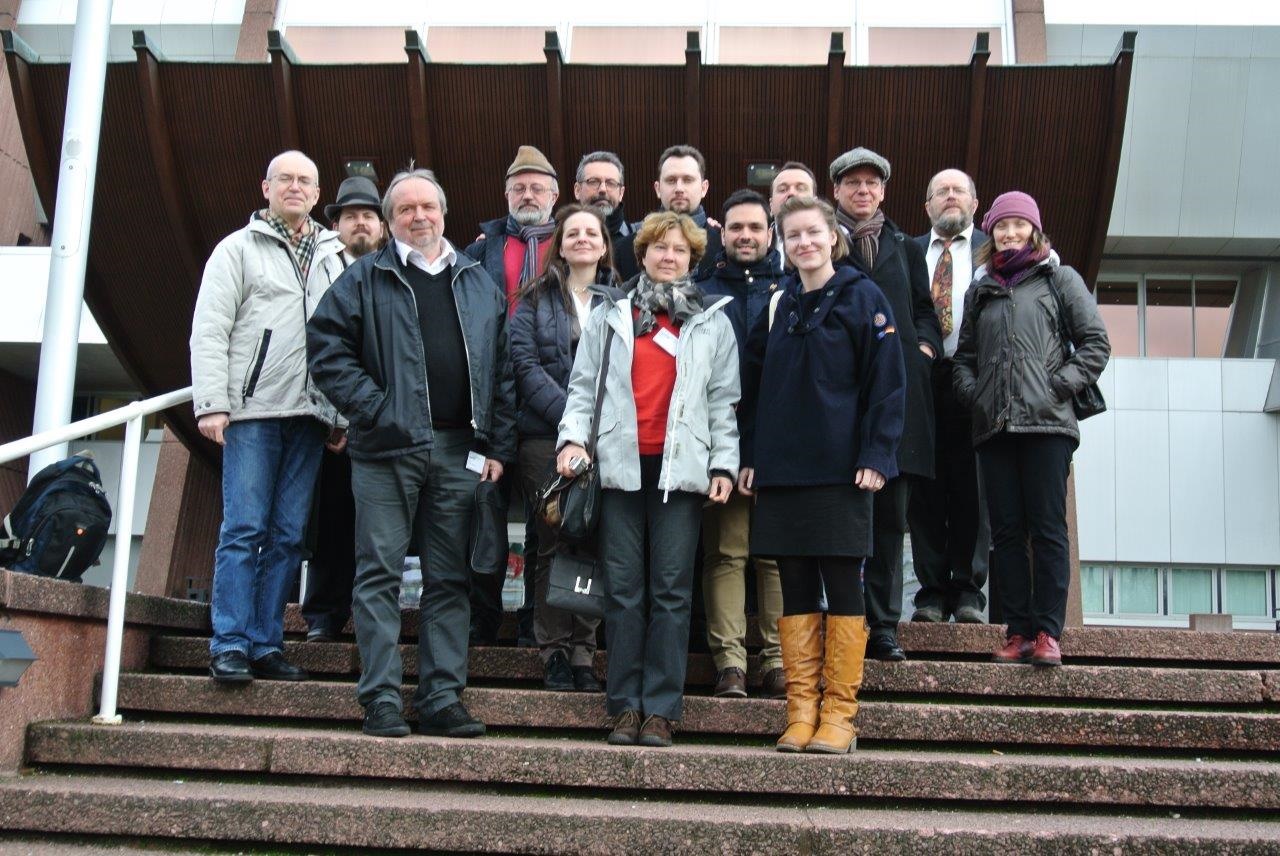
The participants in front of the Council of Europe, Strasbourg. From left to right :
Alexej BODROV, Saint Andrews Biblical Institut Moscow, Oleh KINDIY, Ukrainian Catholic University, Jiři Silny, Ecumenical Academy Prague, Janos Molnar, Berekfürdor; Olga Breskaya, European Humanities University, Vilnius; Christos Filiotis, Greek-Orthodox Chaplaincy, Strasbourg; Enikö Regéczy-Nagy, Ráday Kollégium, Sviatoslav Rogalsky, Christian Educational Center, Minsk; Giannis Mountogiannakis, Orthodox Academy of Crete; Marilena Bezierk, Ev. Akadmie, Wittenberg; Roman Zviyskyy Ukrainian Catholic University; Sören Lenz, Liebfrauenberg; Roman Juriga, Pravoslavna Akademie Vilemov; not on the picture, behind the camera : Rüdiger Noll, EAD, Berlin
